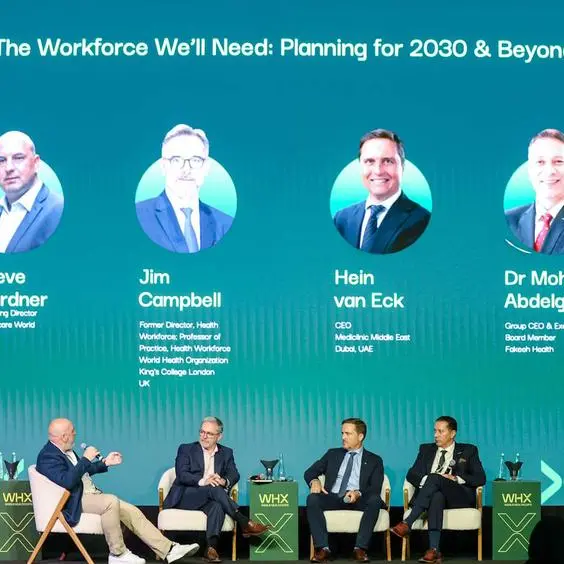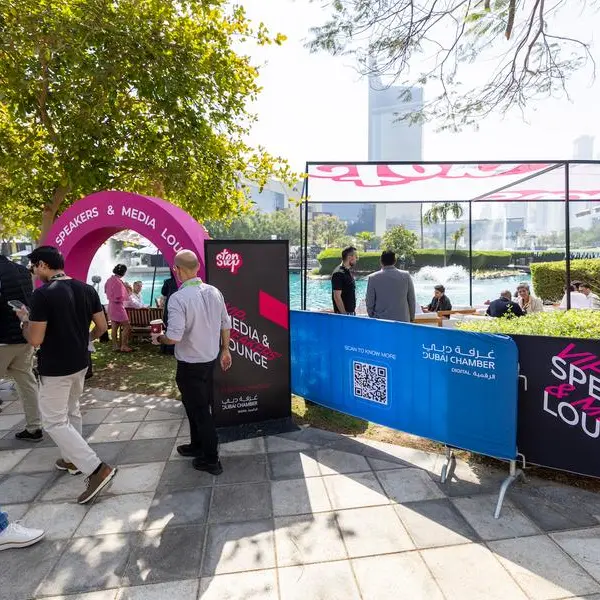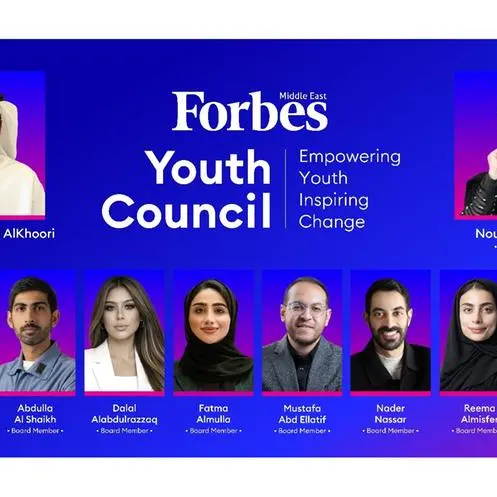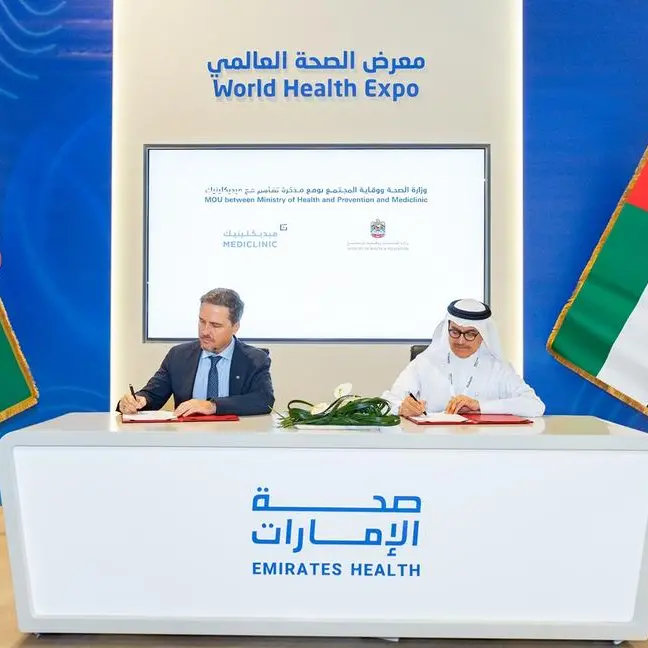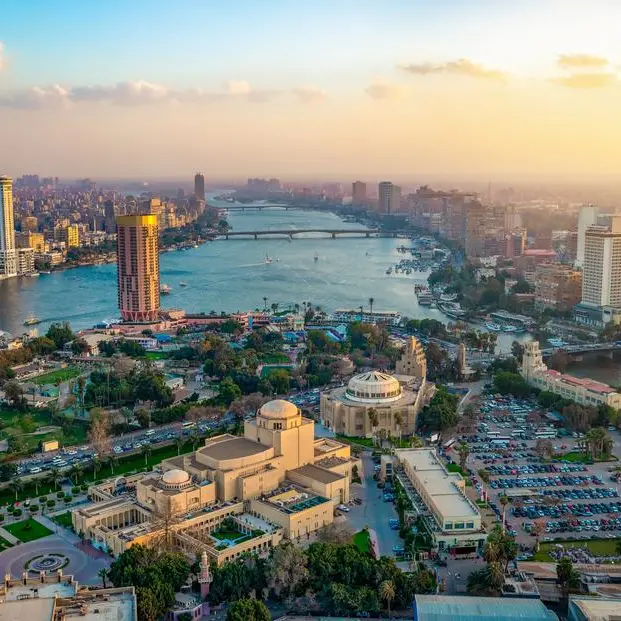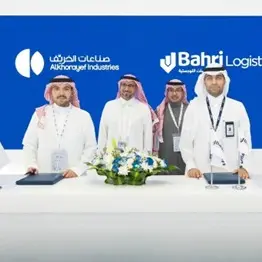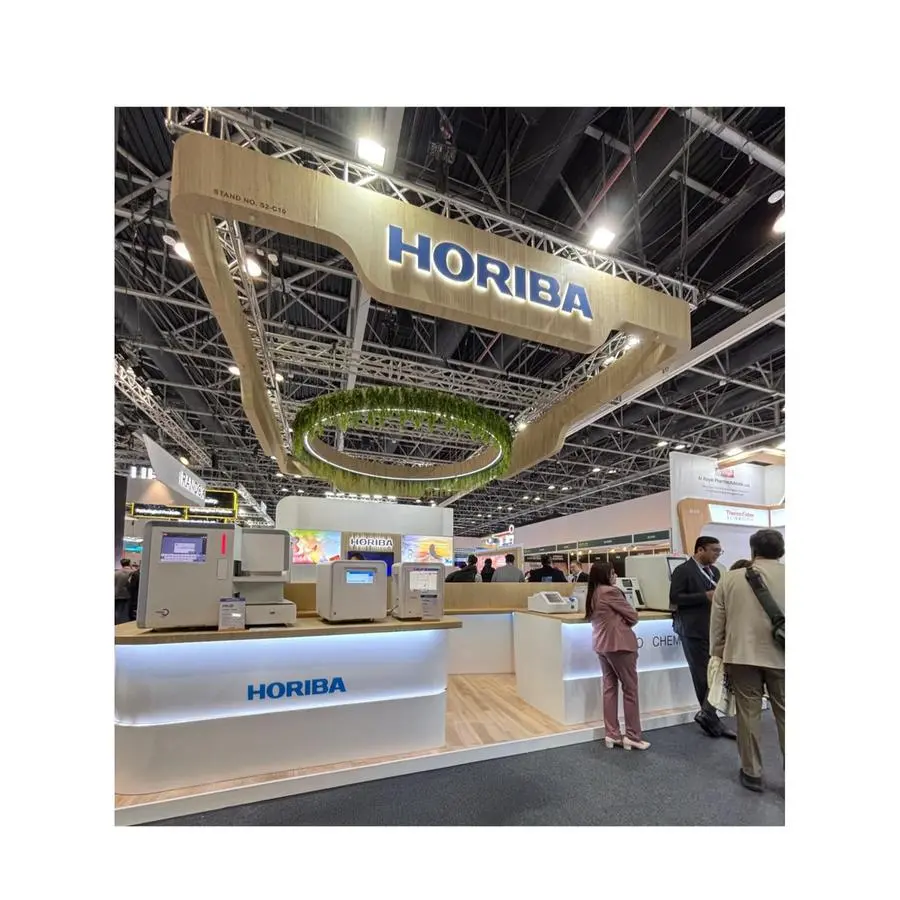PHOTO
- Prof. Henrik Von Scheel: “Human beings remain the most important element in any major transformational process; industrial, technological, environmental, and other revolutions cannot succeed without being shaped by human skills and experience.”
- Dr. Malte Heyne: “Dubai and Hamburg are both international trade hubs and share a common ambition to be globally connected cities that play a pivotal role in economic development worldwide.”
- Tariq Fancy: “Thematic investments have the power to create a significant impact on the global economy and catalyse innovations that will unlock opportunities to build a better world.”
- Dr. Patrick Noack: “We are looking to identify tech solutions and ensure the needs of many are met through technological means.”
- Eric Aguilar: “By embracing exponential innovation, you can break through barriers and bring about a huge disruption in the market.”
- David Hanson: “It's about evolving forward, taking what's good about the past, but also making it even better, more human than human. That is why we are on this quest for what we call living intelligent machines.”
- Chris Anderson: “The lesson of the last year is that science fiction can become real. Now is the time. Everything you thought was crazy and impossible, you must rethink in an AI world.”
- Greg Lindsay: Stressed the importance of preserving ecosystems while leveraging nature-based solutions within urban planning.
Dubai, UAE – The ‘Future Theatre’ at Dubai Business Forum, a key element of the two-day event, played host to headlining TED-style talk keynote sessions examining a thoughtful mix of eight thematic pillars. The platform took a deep dive into the Future of Industries, Future of Trade Hubs, Future of Investments, Future of Economies, Future of IoT, Future of Robotics, Future of AI, and Future of Cities. The insightful experiential sessions tackled key future trends that are set to catalyse growth across economies, industries, businesses, and societies.
Speaking during the first session on the Future of Industries, Prof. Henrik Von Scheel, originator of the 4th Industrial Revolution, highlighted the significant impact the 4th Industrial Revolution will have in driving the growth of global economies over the coming decade.
Prof. Von Scheel emphasised that human beings remain the most important element in any major transformational process, stating that industrial, technological, environmental, and other revolutions cannot succeed without being shaped by human skills and experience. In addition, he highlighted adaptation as one of the most important factors in achieving success.
Prof. Von Scheel also discussed the emerging megatrends that will impact life across the globe over the coming decade, commenting: “Every revolution emerges as an evolution. There are 77 megatrends shaping every aspect of our lives, from how we live and consume to how organisations and our economy operate. These change every aspect, fundamentally, and at a faster pace than ever before because if something collides, it creates an exponential effect.”
Exploring the Future of Trade Hubs, Dr. Malte Heyne, Executive Officer at Hamburg Chamber of Commerce, emphasised the important role of the private sector in developing new and innovative solutions, products, and technologies that drive long-term economic transformation.
Dr. Heyne pointed out that the Hamburg Chamber of Commerce seeks to benefit from the expertise of Dubai Chambers in various fields, notably with regard to investing in artificial intelligence and other modern technologies. He stated: “We need to be fast movers to adapt to the consequences of accelerated – and, to some extent, uncontrollable – change. Dubai and Hamburg are both international trade hubs and share a common ambition to be globally connected cities that play a pivotal role in economic development worldwide.”
Day one concluded with a session on the Future of Investments from Tariq Fancy, Former Global CIO for Sustainable Investing at BlackRock. Fancy highlighted the megatrends driving thematic investments during the post-pandemic period, explaining that future investment opportunities will become more important in the years ahead due to global societal and demographic changes. He added: “Thematic investments have the power to create a significant impact on the global economy and catalyse innovations that will unlock opportunities to build a better world.”
The second and final day at the Future Theatre began with an interview with Dr. Patrick Noack, Executive Director of Future, Foresight, and Imagination at Dubai Future Foundation, who emphasised the importance of identifying trends with far-reaching impact and how Dubai is well-placed to leverage opportunities for the future.
Dr. Noack commented: “Instead of leveraging opportunities, we tend to focus more on managing risks. We need to ensure we remain true to our core principles – we want to ensure the growth of Dubai is underpinned by economic growth, prosperity, and well-being. We are looking to identify tech solutions and ensure the needs of the many are met through technology.”
In his session on the Future of the Internet of Things (IoT), Eric Aguilar; Co-founder and CEO of Omnitron Sensors, shed light on the growing use of innovative sensor systems in bridging the gap between AI and business growth.
Aguilar underlined the importance of effectively introducing innovative technology to the market. “By embracing exponential innovation, you can break through barriers and bring about a huge disruption in the market. We keep hearing that AI is going to change the world, and to some extent that is true. But – as good as AI currently is – we won’t realise the future we imagined without fundamental changes to IoT and hardware.”
David Hanson, CEO of Hanson Robotics and creator of Sophia the Robot, discussed how employees can enhance their readiness to facilitate the integration of robots into the work environment. Hanson said: “We have massive problems, and we need to get smarter. We need to get wiser to manage this planet better. This is what I believe AI is about in our context – it's about evolving forward, taking what's good about the past, but also making it even better, more human than human. That is why we are on this quest for what we call living intelligent machines.”
Focusing on the Future of AI, Chris Anderson, former CEO and Co-founder of 3D Robotics, stated that while AI may have come a long way, it has yet to realise its full potential. “We are going to train AI to invent things that we’ve never imagined before. The lesson of the last year is that science fiction can become real. Now is the time. Everything you thought was crazy and impossible, you must rethink in an AI world,” said Anderson.
The final session at the Future Theatre featured Greg Lindsay, Senior Fellow at NewCities, who explored the impacts of rapid urbanisation on nature and biodiversity. According to Lindsay, major cities had a solid focus on modernised urbanisation a few decades ago, which was very evident in the GCC as the region took a sudden shift towards more advanced urban development. Lindsay stressed that building more sustainable cities that work in harmony with nature will form the backbone of urban development. He also discussed initiatives markets can take to resolve these challenges, highlighting the importance of preserving ecosystems while leveraging nature-based solutions within urban planning.
Held under the theme ‘Shifting Economic Power: Dubai and the Future of Global Trade', the Dubai Business Forum brings together key stakeholders from the government and private sectors across the globe to explore strategic economic partnerships, develop international networks, and open new horizons for business, trade, and investments. This year’s inaugural edition of the event was hosted at Madinat Jumeirah from 1-2 November.
-End-
About Dubai Chambers:
Dubai Chambers is a non-profit public entity that supports Dubai’s vision as a global player by empowering businesses, providing innovative value-added services and access to influential networks. In March 2021, His Highness Sheikh Mohammed bin Rashid Al Maktoum, Vice President and Prime Minister of the UAE and Ruler of Dubai, announced the restructuring of Dubai Chamber and the formation of three chambers for the emirate, namely, Dubai Chamber of Commerce, Dubai International Chamber, and Dubai Chamber of Digital Economy, which now operate under Dubai Chambers. For more information, please visit us on: www.dubaichambers.com
For more information, please contact:
- Mohamad Mouzehem
- PR & Corporate Communications
- Email: mohamad.mouzehem@dubaichamber.com

